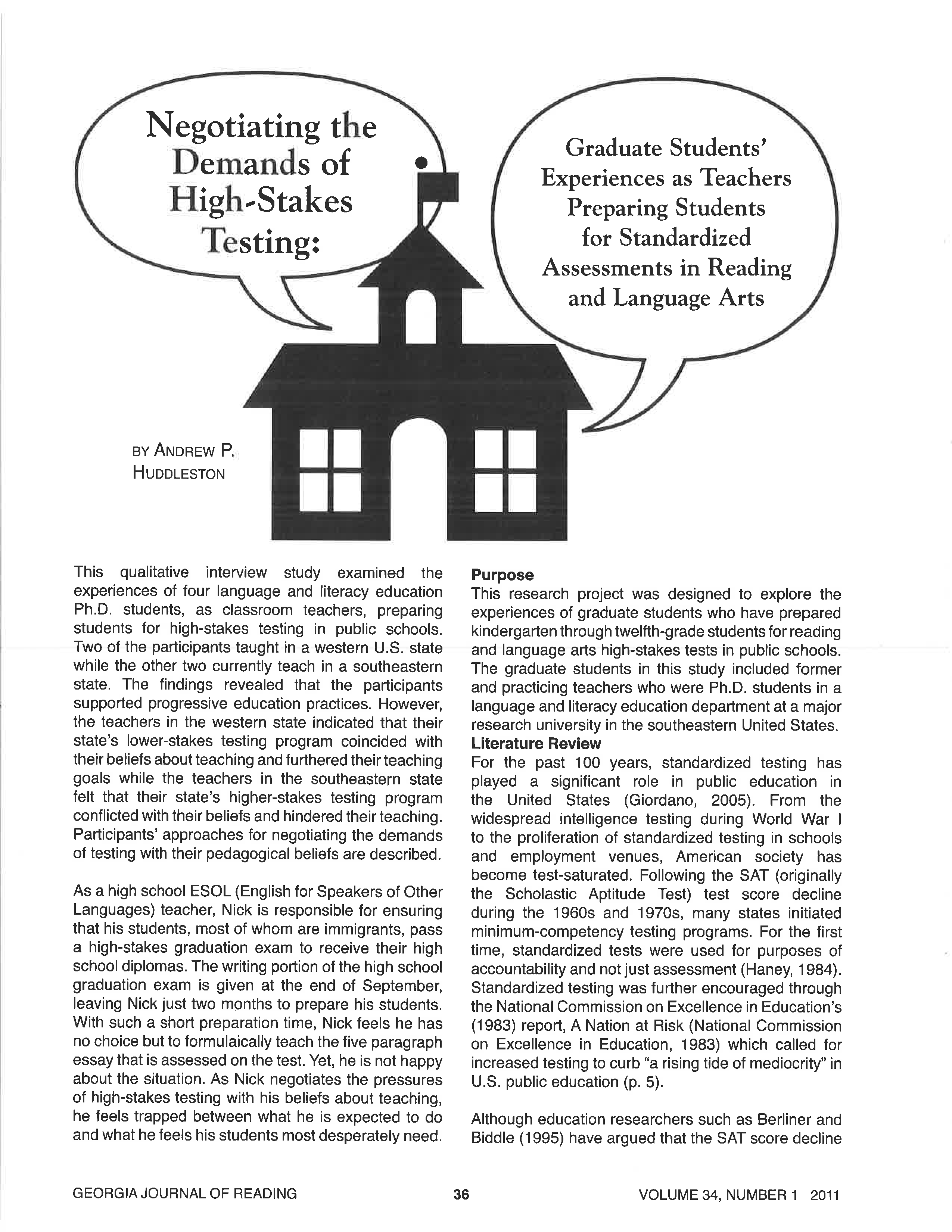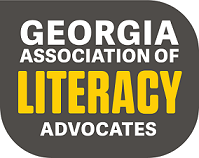Negotiating the Demands of High-Stakes Testing: Graduate Students' Experiences as Teachers Preparing Students for Standardized Assessments in Reading and Language Arts
DOI:
https://doi.org/10.56887/galiteracy.68Keywords:
high-stakes testing, progressive education, pedagogical beliefsAbstract
This qualitative interview study examined the experiences of four language and literacy education Ph.D. students, as classroom teachers, preparing students for high-stakes testing in public schools. Two of the participants taught in a western U.S. state while the other two currently teach in a southeastern state. The findings revealed that the participants supported progressive education practices. However, the teachers in the in the western state indicated that their state's lower-stakes testing program coincided with their beliefs about teaching and furthered their teaching goals while the teachers in the southeastern state felt that their state's higher-stakes testing program conflicted with their beliefs and hindered their teaching. Participants' approaches for negotiating the demands of testing with their pedagogical beliefs are described.



